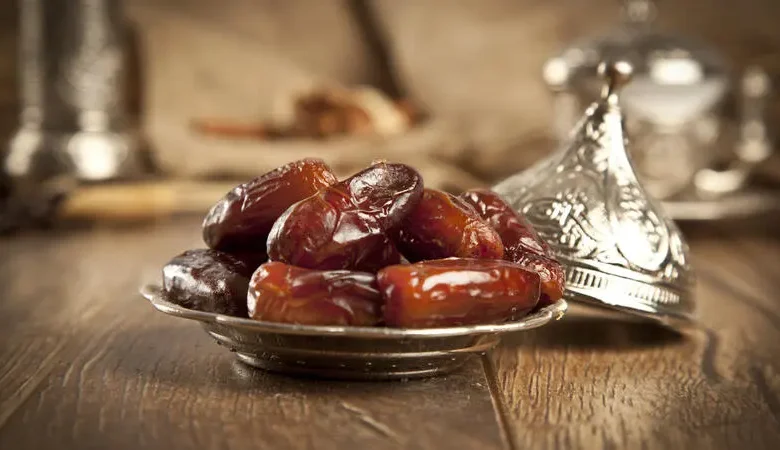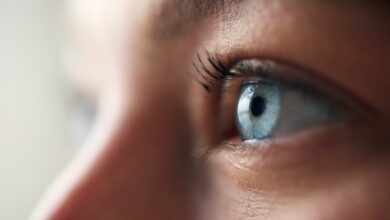Healthy perks for Ramadan

It’s easy to think that the Muslim holy fasting month of Ramadan is just a tough period to go through, with not much benefit, even after it’s over, but that isn’t truly the case. There are some benefits your body gains from Ramadan that can stay with you.
Ramadan can benefit people both physically, and mentally.
Ways Ramadan can help people physically:
Losing Weight:

In Ramadan, a person’s body would be used to eating less meals, which would mean it would give the stomach and digestive system time to shrink. That in turn would make someone less hungry, which would lead to losing weight.
Body detoxification:
During the time of Ramadan, as the person isn’t allowed to drink or eat as much, it gives the body the time to heal itself, both spiritually, and physically. And even when someone finally eats, the body will store the fat in the food to generate energy, it’ll also burn any harmful toxins that may be present.
Slows Aging:
Fasting, in general, reduces body inflammation, which is a huge cause of aging.
A Healthy Heart:
Because of fasting, the level of homocysteine in the body lowers, which is good as it’s the main cause for heart attacks, and that’s not all, fasting also helps with improving heart beats, plus it helps protect the heart of some other problems, such as heart failure.
Ways Ramadan can help someone mentally:
Elevates the Mood:

After hours of fasting, the feeling of being able to either finally eat, or the feeling of making it through a hard day while fasting, can give someone a huge sense of accomplishment.
Increases Alertness:
People who fast tend to have a higher sense of alert and attention to what’s around them, which is because of how the body regulate the glucose levels during fasting, which reduces fatigue and increases alertness.
While Ramadan is able of helping someone, that doesn’t mean that someone shouldn’t put in any effort on their part.
Here are some things someone could do to benefit even more during Ramadan:
Eating a Healthy Suhoor Meal:
Suhoor, the dawn snack before fasting, is the most important meal of the day for a fasting person, so it must be balanced and contain foods rich in nutrients, such as oats, cheese, labneh, fruits and vegetables.
Foods with a low glycemic index, such as oats, quinoa, wholegrain bread, yogurt and hummus, are good choices too as they provide the body with energy slowly during the day.
Exercising:
During Ramadan, it’s easy for someone’s body to feel fatigue, so it’s important to try and stay active and exercise in moderation in times that aren’t during fasting, while also making sure to drink enough water.
Maintaining Fluid Levels in the Body:
While it’s normal for the body to suffer from some dehydration during fasting, which is what causes headaches, that shouldn’t mean a fasting person shouldn’t try to reduce the consumption of coffee or soft drinks during the hours between breakfast and Suhoor, because they diuretic and cause dehydration, and to instead drink large quantities of other liquids, such as water or light tea without adding milk or sugar.










